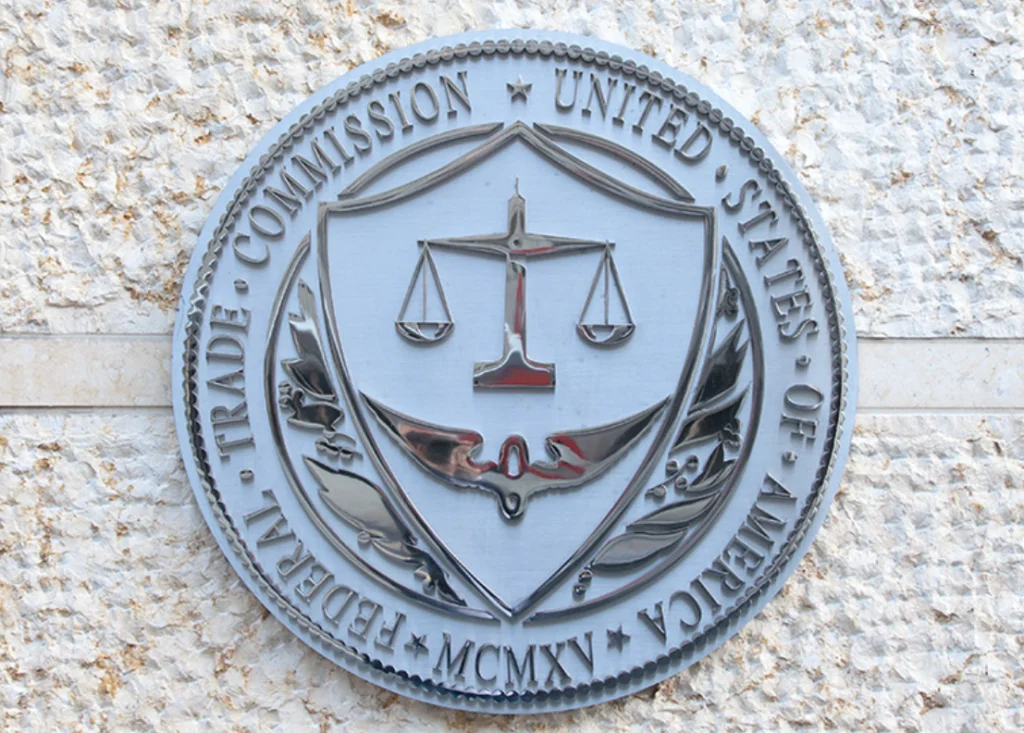In light of potential legal infringements associated with AI applications, the United States Federal Trade Commission (FTC) has authorized a novel, streamlined procedure for investigating cases involving the illicit utilization of artificial intelligence (AI).

Unanimously, the FTC endorsed a measure to expedite the ability of its staff to issue civil investigative demands (CIDs), a type of mandatory procedure comparable to subpoenas, in investigations on artificial intelligence (AI). The FTC maintained its jurisdiction over the issuance of CIDs.
The FTC issues CIDs to acquire documents, information, and testimony to advance competition and consumer protection investigations. Per the FTC’s statement, the omnibus resolution shall remain in force for ten years.
This action underscores the Federal Trade Commission’s dedication to examining AI-related incidents when taken in conjunction with other measures. There are concerns among critics that the technology may serve as an amplifier for deceptive activities.
As per a Reuters report, FTC Commissioner Rebecca Slaughter, who was up for re-nomination as commissioner, agreed with the two other nominees that the emphasis should be on obstacles such as the use of artificial intelligence to amplify the persuasiveness of phishing emails and robocalls, during a September confirmation hearing in the U.S. Senate.
Artificial intelligence has introduced novel opportunities for human expression and enhanced creative capacities. Nevertheless, the ability to execute many duties using an AI identity generated digitally has also introduced novel complexities.
Based on data from Sumsub, the percentage of fraudulent activities attributed to deep fakes increased significantly in the United States from 0.2% to 2.6% between the first quarter of 2022 and the first quarter of 2023.
The agency announced a competition on November 16 to identify the most efficient approach for protecting consumers against fraud and other potential hazards linked to voice duplication.
Technology for duplicating voices has advanced in tandem with text-to-speech AI technology. Consumer applications for this technology include medical assistance for those who have suffered voice loss due to illness or accident.
